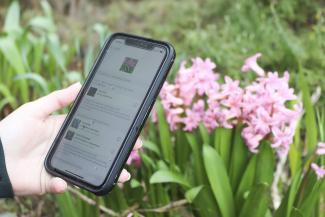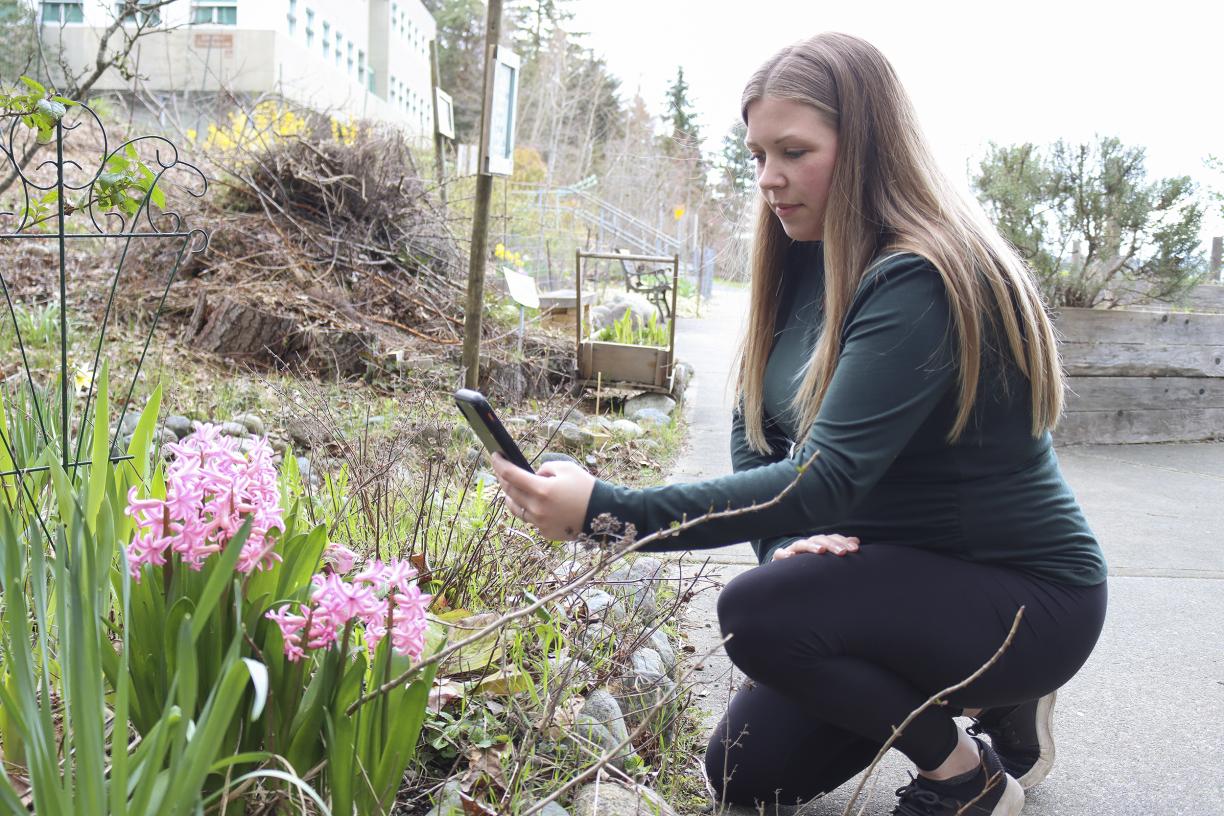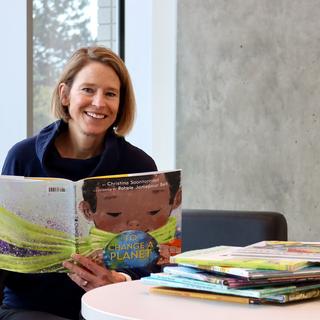Event participants can make observations anywhere within the Mount Arrowsmith Biosphere Region, whether that’s in their backyard or a community park.
People can channel their inner scientist by participating in the Mount Arrowsmith Biosphere Region’s (MABR’s) annual BioBlitz event.
The MABR BioBlitz, which runs from April 8-10, relies on citizen scientists to collect information on flora and fauna species in the biosphere region.
“We couldn’t do this work without the help of citizen scientists and volunteers,” says Mandy Hobkirk, MABR Coordinator, adding that with community participation, more information can be gathered compared to sending out one research team.

This year people are asked to use the iNaturalist app and make their observations under the 2022 MABR BioBlitz project. Observations must be made within the boundaries of the biosphere, which is defined by five watersheds: Englishman River, Little Qualicum River, French Creek, Nanoose Creek and Bonnell Creek. An interactive map with the biosphere’s boundaries is available on the MABR website.
People can download iNaturalist from Google Play or Apple’s App Store. Participants who are unfamiliar with the iNaturalist app can learn how to use it by watching MABR’s tutorial video.
There is a prize at the end of each day for the person who submits the highest number of observations. Prizes include identification books on birds, flora and fauna or edible and medicinal flora of the West Coast.
Citizen scientists collecting information every year gives a snapshot of the biodiversity of an area and helps researchers see if there are changes over time, which includes keeping an eye on species at risk or invasive species to see if they are spreading. This data contributes to baseline information, which researchers can use to identify trends and see a bigger picture over the long term.
Hobkirk says the BioBlitz is a great way for people to connect with the environment, either by making observations in their backyard or exploring an area in the region they haven’t visited before. Hobkirk says by making observations people are contributing to baseline information, which is “really important as we move forward, especially in the context of climate change.”
-30-
Media Contact:
Rachel Stern, Communications Officer, Vancouver Island University
C: 250.618.0373 l E: Rachel.Stern@viu.ca | T: @VIUNews
About the Mount Arrowsmith Biosphere Region
The Mount Arrowsmith Biosphere Region (MABR) is governed by a roundtable, which consists of representatives from VIU’s Mount Arrowsmith Biosphere Region Research Institute (MABRRI), First Nations, municipalities and other organizations. MABRRI focuses on conducting research and community engagement initiatives primarily within the biosphere region but also supports VIU’s Academic Research Plan by working on projects across Vancouver Island.





